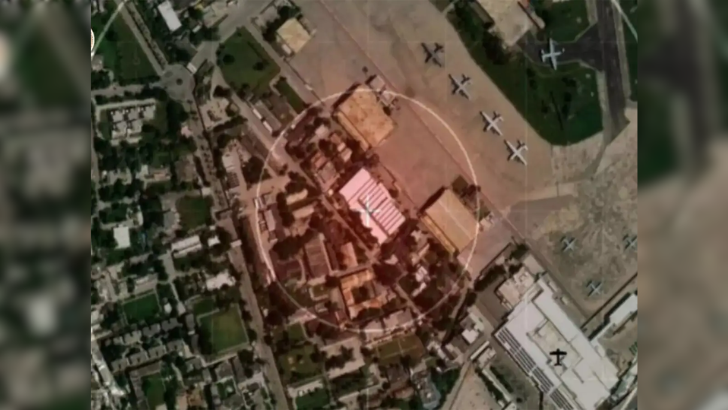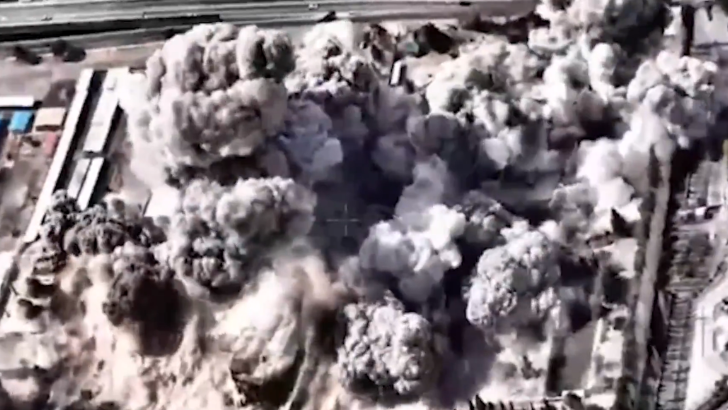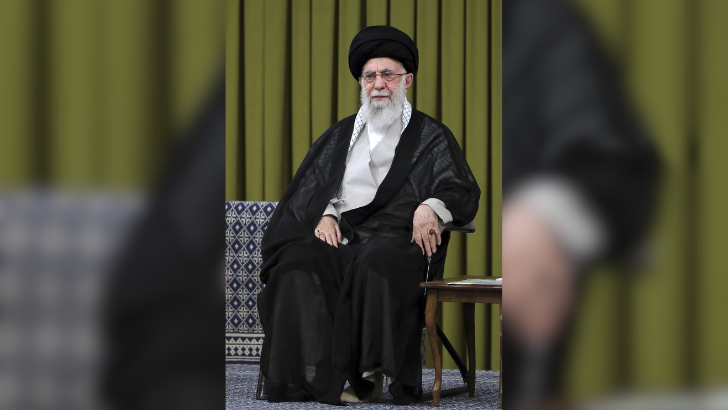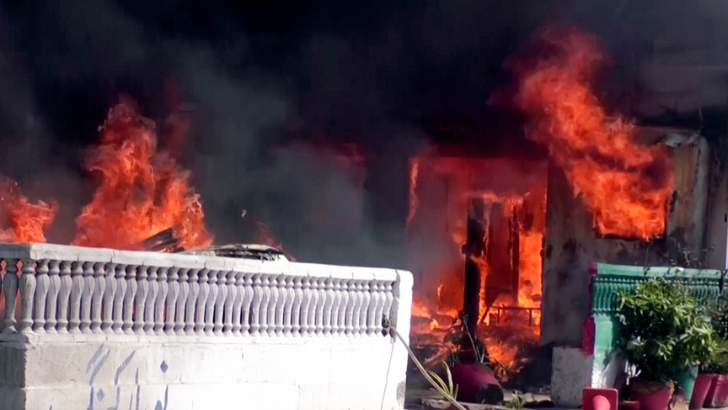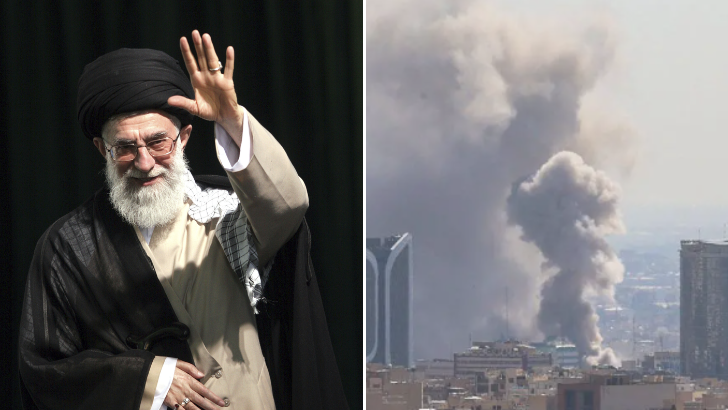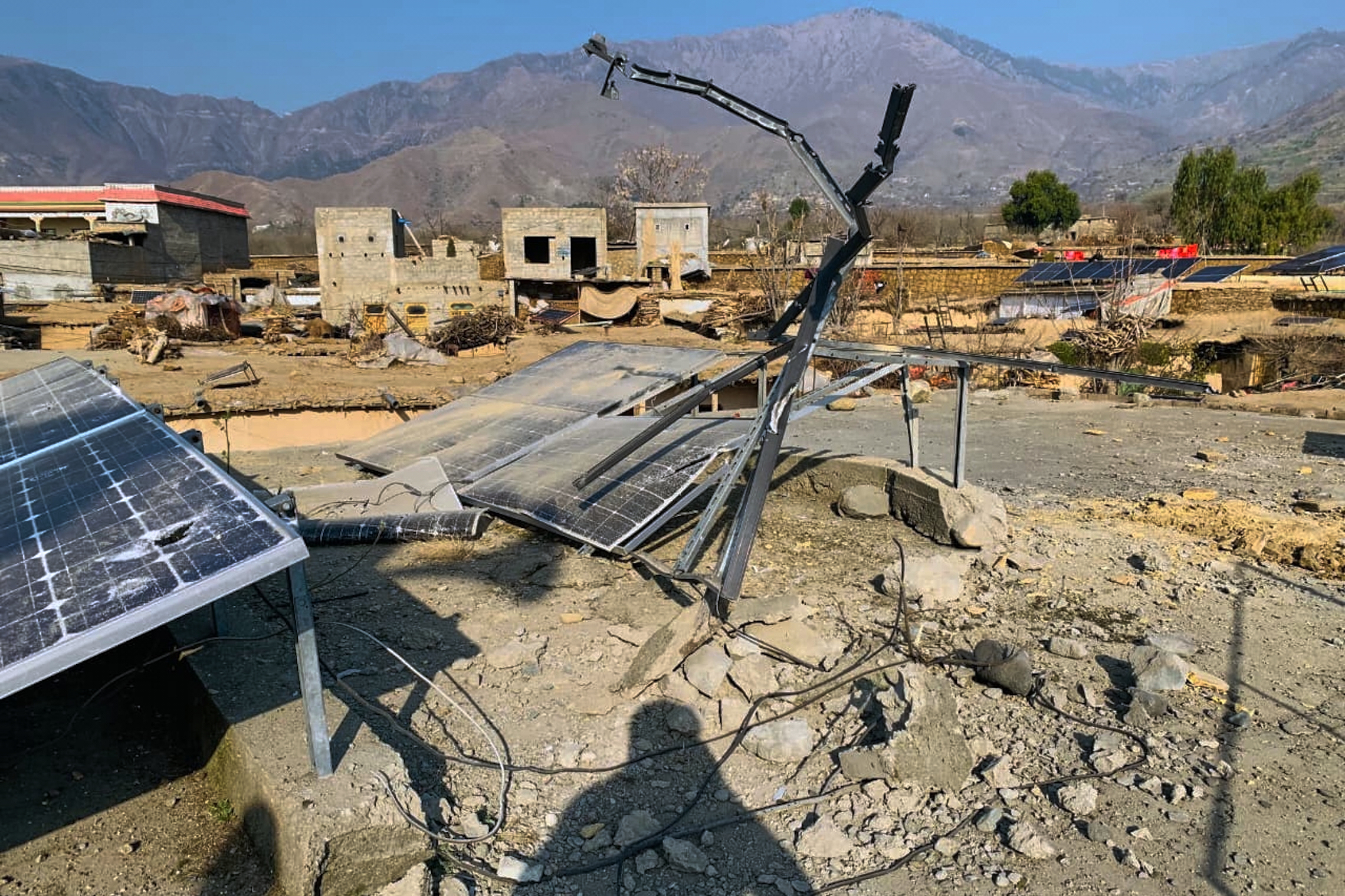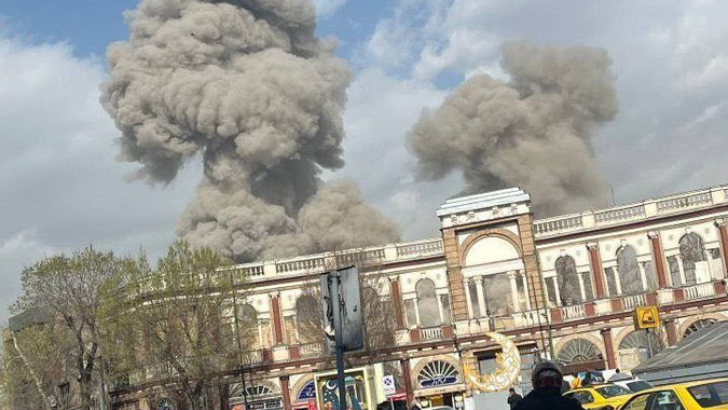Putin's fiercest foe Alexei Navalny died: Russian authorities
Navalny, who was serving a 19-year sentence on charges of extremism, felt unwell after a walk, according to the Federal Penitentiary Service, and lost consciousness
AP
-
Navalny had been behind bars since January 2021, when he returned to Moscow after recuperating in Germany from nerve agent poisoning that he blamed on the Kremlin. PHOTO: AP/PTI
Moscow, 16 Feb
Alexei Navalny, the fiercest foe of
Russian President Vladimir Putin who crusaded against official corruption and
staged massive anti-Kremlin protests, died in prison Friday, Russian
authorities said. He was 47.
Navalny, who was serving a 19-year
sentence on charges of extremism, felt unwell after a walk, according to the
Federal Penitentiary Service, and lost consciousness. An ambulance arrived to
try to revive him, but he died. It said the cause of death was "being
established.”
Kremlin spokesman Dmitry Peskov
said Putin was informed of Navalny's death and the prison service would look
into it in line with standard procedures.
Navalny's spokeswoman Kira Yarmysh
said on X, the platform formerly known as Twitter, that the politician's team
had no confirmation of his death so far and that his lawyer was travelling to
the town where he was held.
Navalny had been behind bars since
January 2021, when he returned to Moscow after recuperating in Germany from
nerve agent poisoning that he blamed on the Kremlin. Before his arrest, he
campaigned against official corruption, organised major anti-Kremlin protests
and ran for public office. He had since received three prison sentences, all of
which he rejected as politically motivated.
Shortly after Navalny's death was
reported, the Russian SOTA social media channel shared images of the opposition
politician reportedly in court yesterday. In the footage, Navalny is seen
standing up and is laughing and joking with the judge via video link.
Navalny was moved in December from
a prison in central Russia to a “special regime” penal colony — the highest
security level of prisons in the country — above the Artic Circle. His allies
decried the transfer to a colony in the town of Kharp, in a region about 1,900
kilometers (1,200 miles) northeast of Moscow, as yet another attempt to force
Navalny into silence.
In Putin's Russia, political
opponents often faded amid factional disputes or went into exile after
imprisonment, suspected poisonings or other heavy repression. But Navalny grew
consistently stronger and reached the apex of the opposition through grit, bravado
and an acute understanding of how social media could circumvent the Kremlin's
suffocation of independent news outlets.
He faced each setback — whether it
was a physical assault or imprisonment — with an intense devotion, confronting
dangers with a sardonic wit. That drove him to the bold and fateful move of
returning from Germany to Russia and certain arrest.
Navalny was born in Butyn, about 40
kilometers (25 miles) outside Moscow. He received a law degree from People's
Friendship University in 1998 and did a fellowship at Yale in 2010.
He gained attention by focusing on
corruption in Russia's murky mix of politicians and businesses; one of his
early moves was to buy a stake in Russian oil and gas companies to become an
activist shareholder and push for transparency. By concentrating on corruption,
Navalny's work had a pocketbook appeal to Russians' widespread sense of being
cheated, and he carried stronger resonance than more abstract and philosophical
concerns about democratic ideals and human rights.
He was convicted in 2013 of
embezzlement on what he called a politically motivated prosecution and was
sentenced to five years in prison, but the prosecutor's office later
surprisingly demanded his release pending appeal. A higher court later gave him
a suspended sentence. The day before the sentence, Navalny had registered as a
candidate for Moscow mayor. The opposition saw his release as the result of
large protests in the capital of his sentence, but many observers attributed it
to a desire by authorities to add a tinge of legitimacy to the mayoral
election.
Navalny finished second, an
impressive performance against the incumbent who had the backing of Putin's
political machine and was popular for improving the capital's infrastructure
and aesthetics.
Navalny's popularity increased
after the leading charismatic politician, Boris Nemtsov, was shot and killed in
2015 on a bridge near the Kremlin.
Whenever Putin spoke about Navalny,
he made it a point to never mention the activist by name, referring to him as
“that person” or similar wording, in an apparent effort to diminish his
importance.
Even in opposition circles, Navalny
was often viewed as having a overly nationalist streak for supporting the
rights of ethnic Russians — he supported the annexation of the Crimean
Peninsula by Moscow in 2014 although most nations viewed it as illegal — but he
was able to mostly override those reservations with the power of investigations
conducted by his Fund for Fighting Corruption.
Besides his wife, Navalny is
survived by a son and a daughter.
Leave a Reply
Your email address will not be published. Required fields are marked *








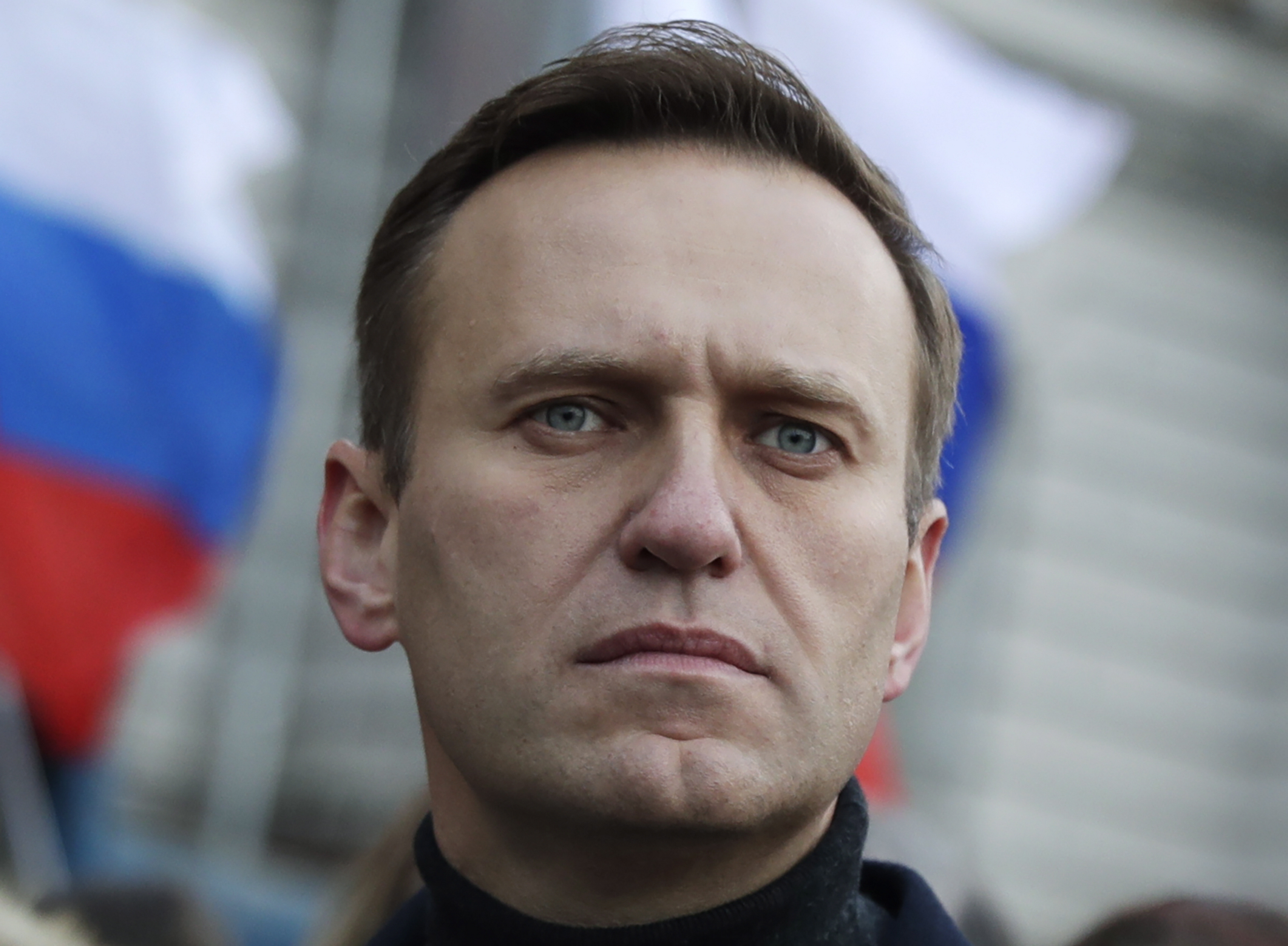

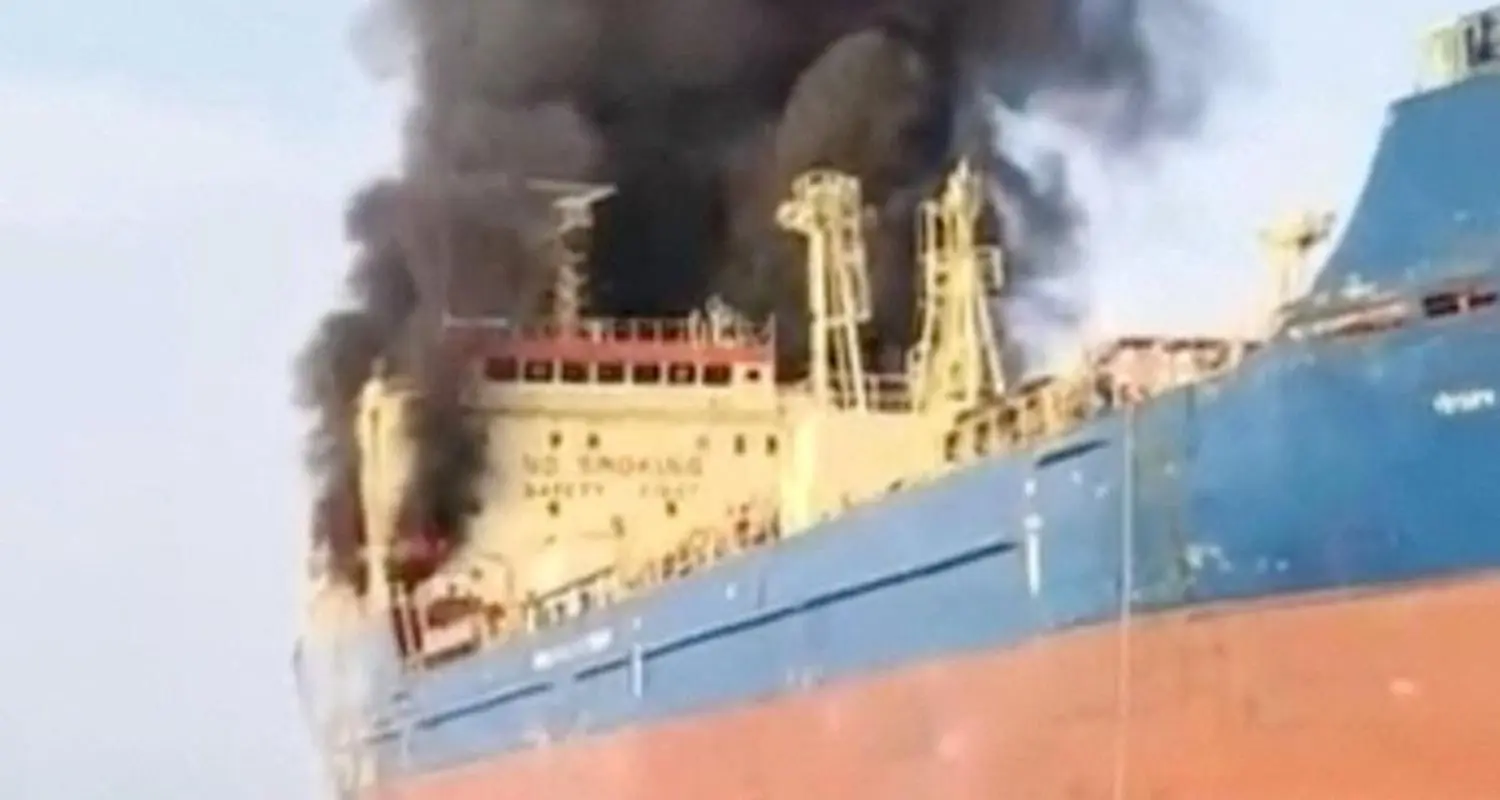
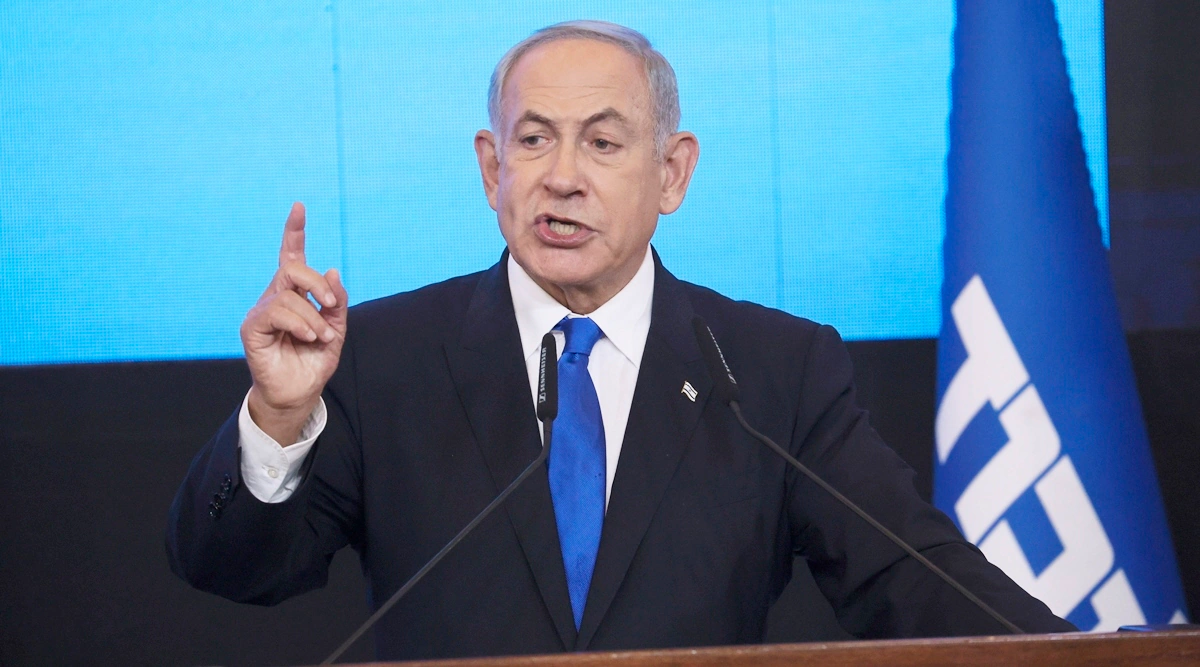
.jpg)
